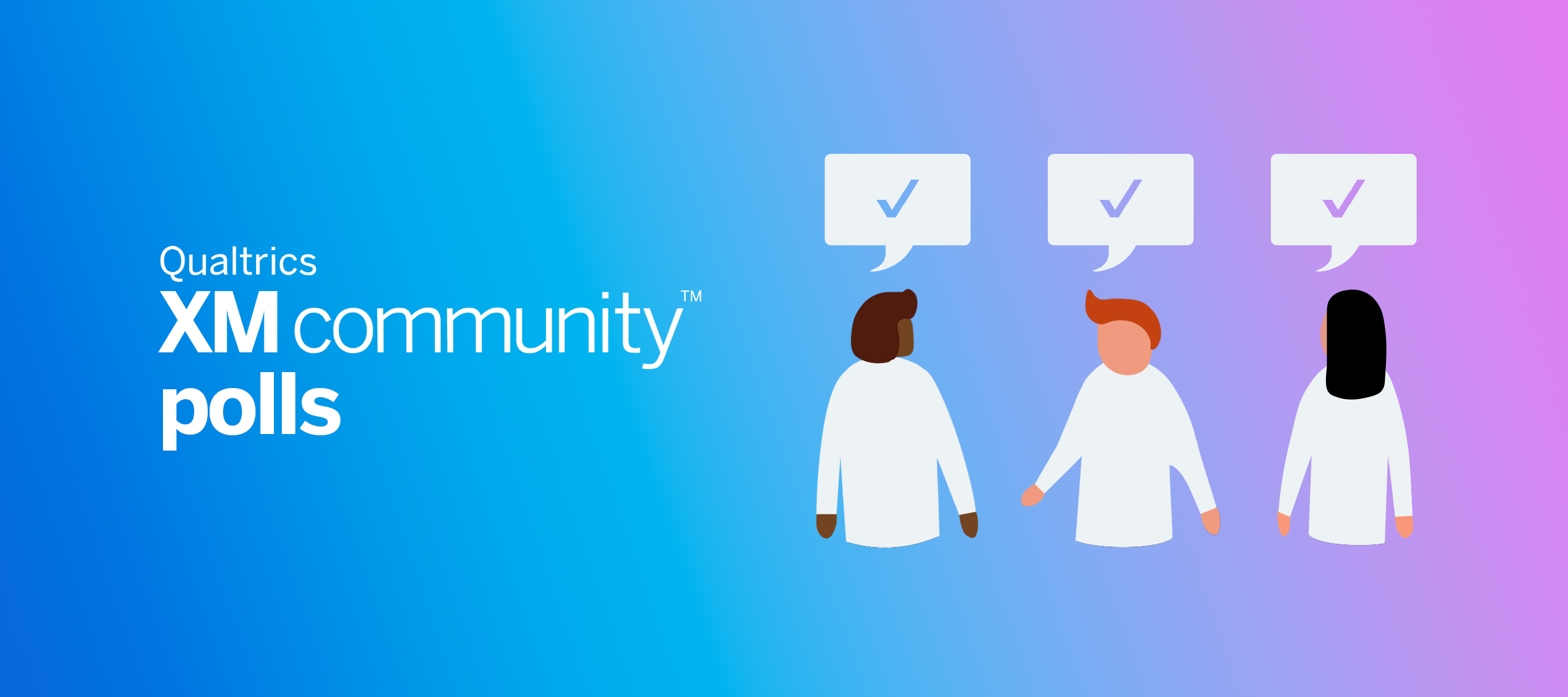Are you or your stakeholders skeptical of survey data?
Many are becoming increasingly skeptical of survey data, in terms of relevance, inherent bias, and retrospective views. How can a broader cross-section of distribution methods can improve this sampling?
Do you have any examples of how broadening your sampling methods across multiple channels improved data quality and reduced bias? Has anyone done this analysis across your own internal or external customer base?
Tell us in the comments how one can improve the integrity of survey results 🤔









